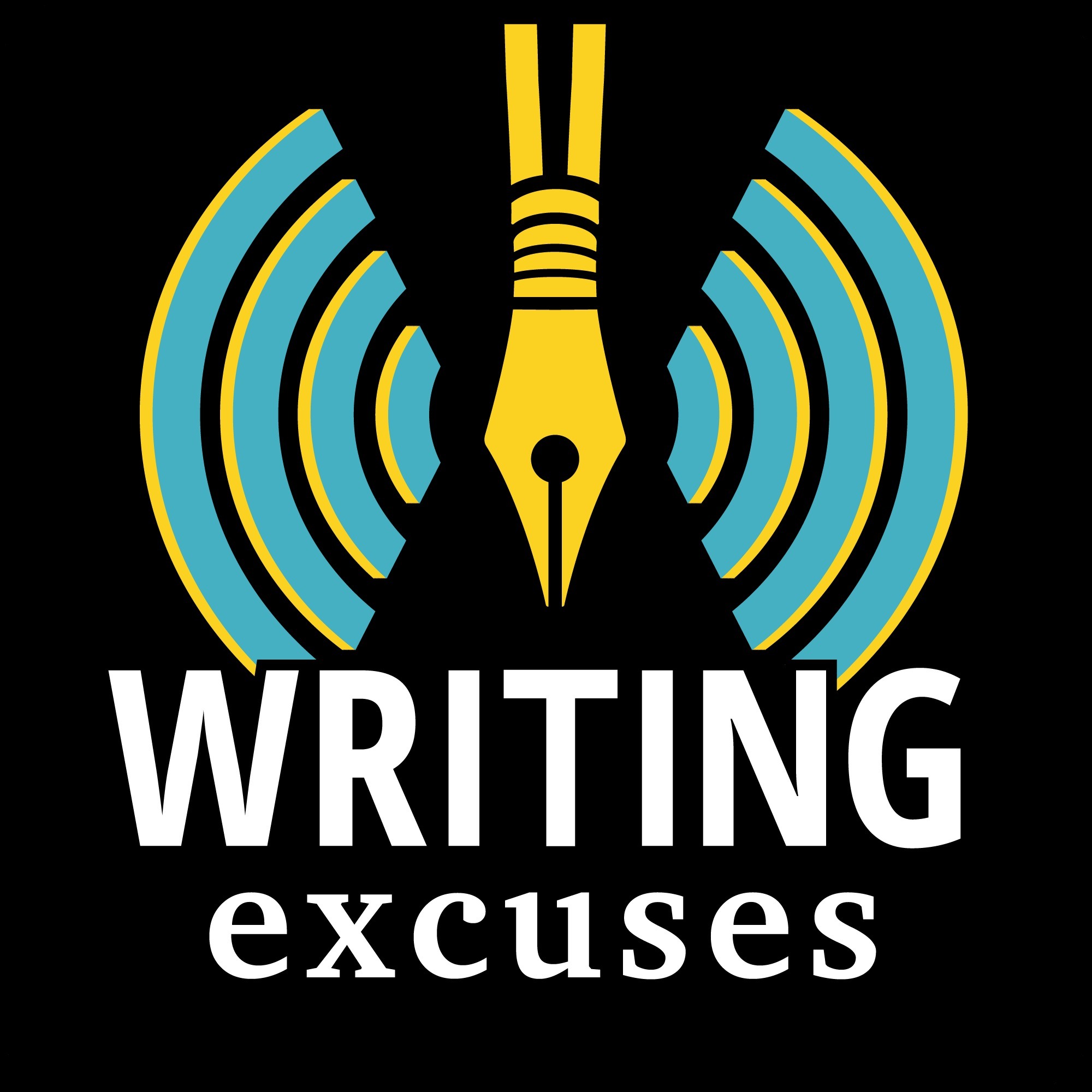19.15: A Close Reading on Voice: Tying It All Together
Description
As we conclude our first deep dive of our close reading series, we want to explore how the evolution of voice helped carry readers throughout "This Is How You Lose The Time War." We also talk about the relationship between character arcs and language, learning and voice. Stay tuned for next week’s episode, where we interview Max Gladstone and Amal El-Mohtar on what it was like to write “Time War” together!
Thing of the Week:
Princess Weekes
Homework:
Write a short outline of your work noting where the voice changes and evolves to reflect the character growth and change rather than focusing on the plot beats
A Reminder
That starting May 12th, we'll be focusing on Worldbuilding and reading A Memory Called Empire by Arkady Martine. If you’re going to buy this book, we have this bookshop link available for you to do so! (If not, go support your local library!) https://bookshop.org/lists/close-readings-season-19
Sign up for our newsletter:
https://writingexcuses.com
Credits: Your hosts for this episode were Mary Robinette Kowal, DongWon Song, Erin Roberts, Dan Wells, and Howard Tayler. It was produced by Emma Reynolds, recorded by Marshall Carr, Jr., and mastered by Alex Jackson.
Join Our Writing Community!
Patreon
Instagram
YouTube
Facebook
Twitter
Threads
Our Sponsors:
* Check out rosettastone.com/today to get 50% off Rosetta Stone's lifetime membership! Use our code TODAY for a limited time.
Support this podcast at — https://redcircle.com/writing-excuses2130/exclusive-content
Advertising Inquiries: https://redcircle.com/brands
Privacy & Opt-Out: https://redcircle.com/privacy
More Episodes
We reminisce on when we were on a writing retreat on a cruise in 2023, planning this close reading series. We have loved how this series grounded our conversations, allowing us to dive into works that were complex in specific ways. We have loved wading into the waters of voice, world-building,...
Published 11/24/24
Published 11/24/24
We had the pleasure of sitting down with N.K. Jemisin to talk about the structures and processes that helped create The Fifth Season. We talk about outlines, multiple plotlines, and planets as characters. Jemisin lets us into her writing process—ranging from the influence of poetry in her work...
Published 11/17/24


